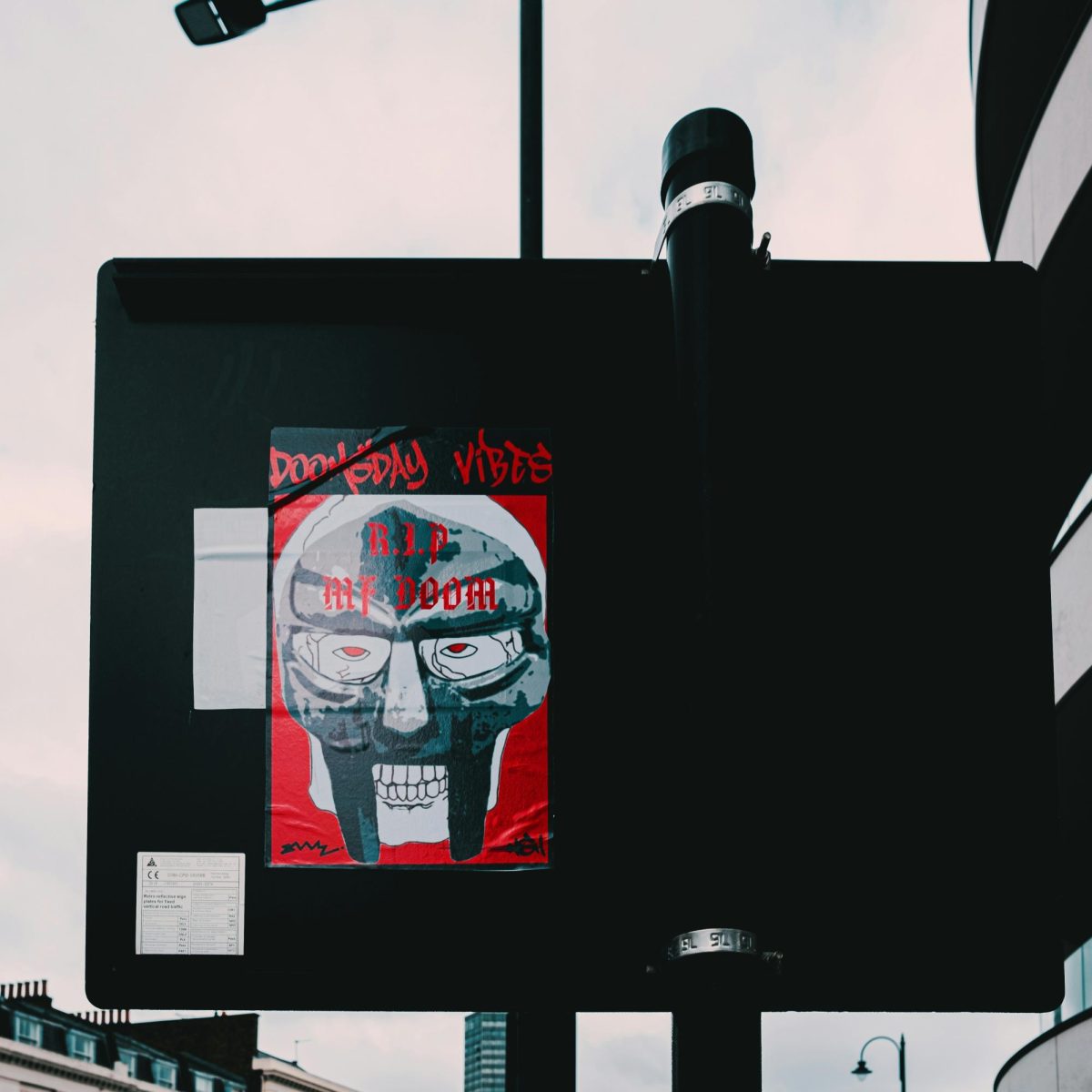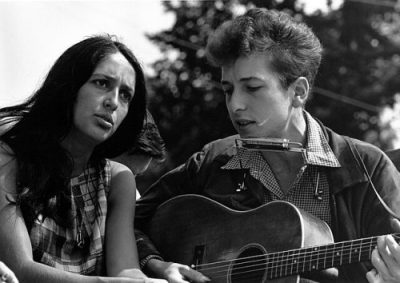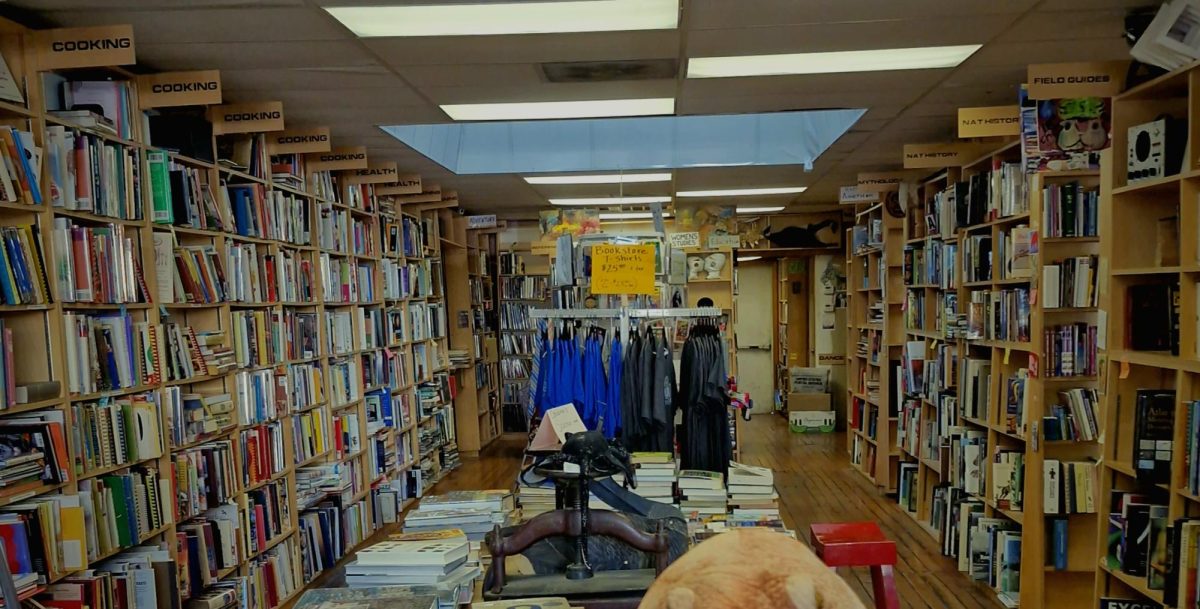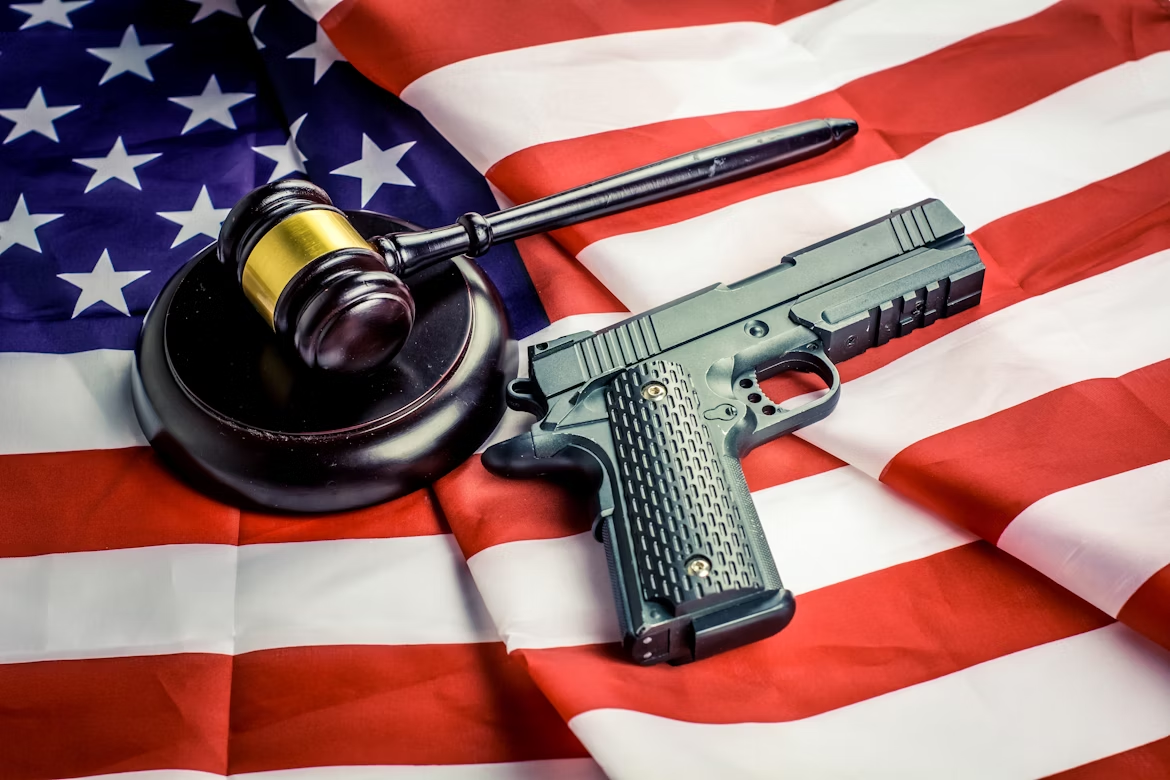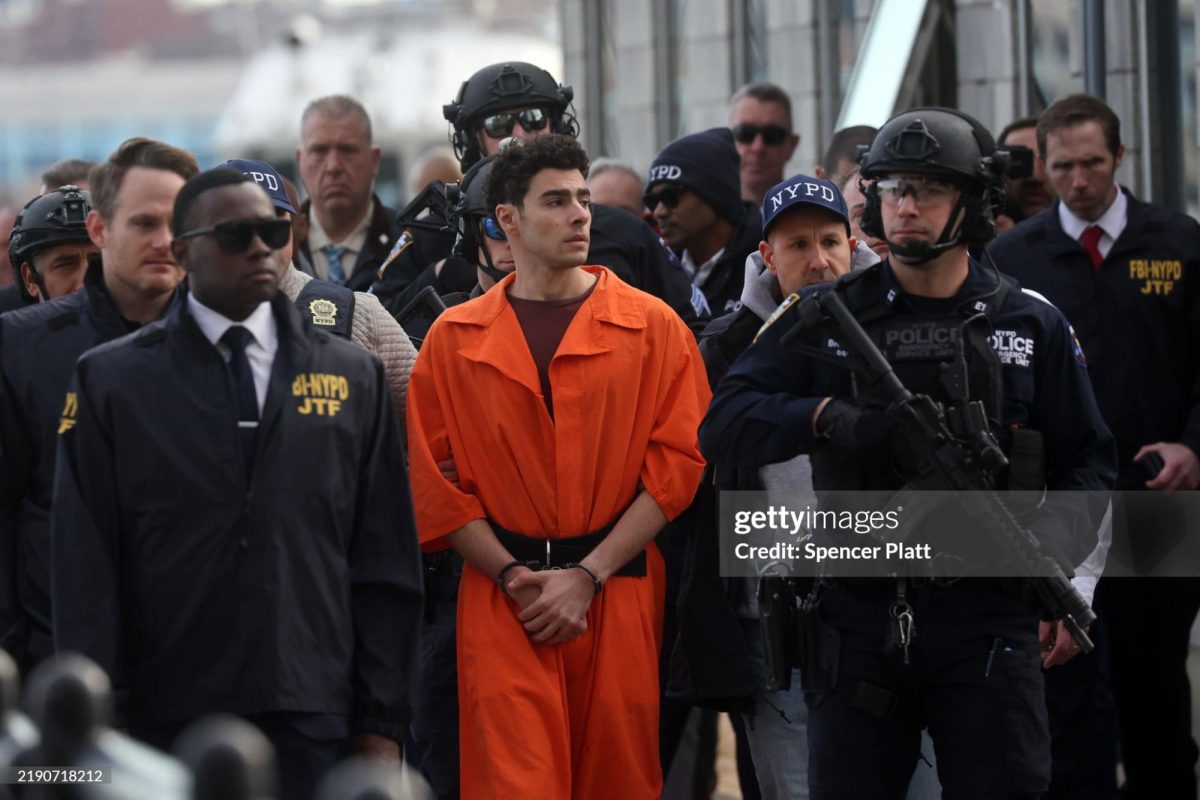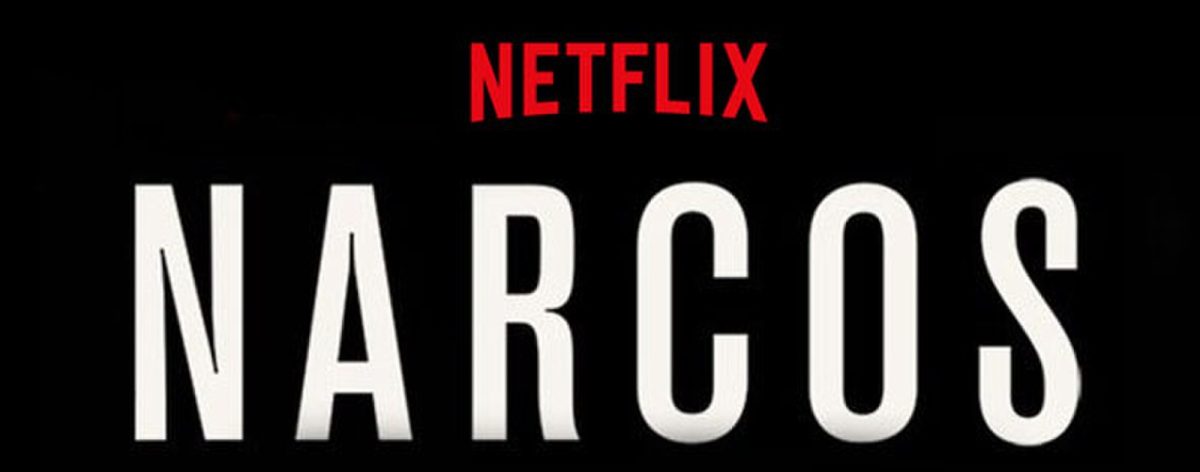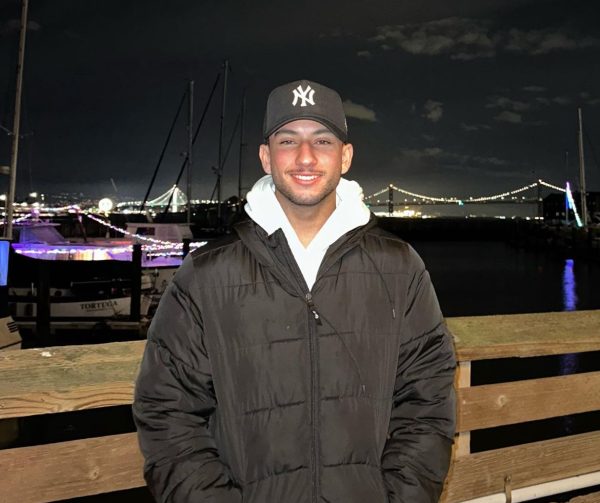The world will never forget Lionel Messi. The masses will always talk about Neymar. The radio will continue to play Justin Bieber, and Spotify will always recommend Michael Jackson.
But beyond these global superstars who have their names etched into the fabric of pop culture, there exists a niche for those who might be forgotten by the general public, a space for those who might not go down in history books, but who still had a profound impact on those who saw them.
These icons usually receive the title: “the streets will never forget.” This phrase resonates deeply within the alleyways of subcultures, where instead of celebrating the shiny knights of mainstream media, they celebrate the likes of Adel Taarabt, Mario Balotelli, MF DOOM, and Jean-Michel Basquiat—figures who, despite not maintaining a continuous life in the limelight, have left an indelible mark on their fields and their fans.
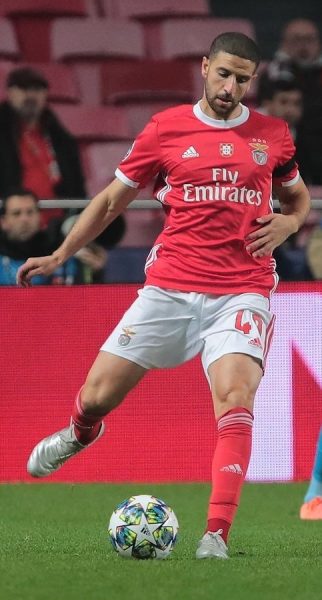
Anton Zaitsev, CC BY-SA 3.0 GFDL, via Wikimedia Commons
“The streets will never forget” is a sentence that embodies the spirit of those who have sparked moments of brilliance, offering unique and memorable moments that mainstream narratives often overlook.
In soccer, being a “streets will never forget” type of person is about being the underdog, someone whose play is poetic and whose story is sometimes tragic. These people’s work disrupt the norms.
The title is reserved for the musician whose beats resonate more with the underground scene than with the higher-ups at the labels.
It’s about the player who’s more “worried” about dribbling and having fun than actually winning the game.
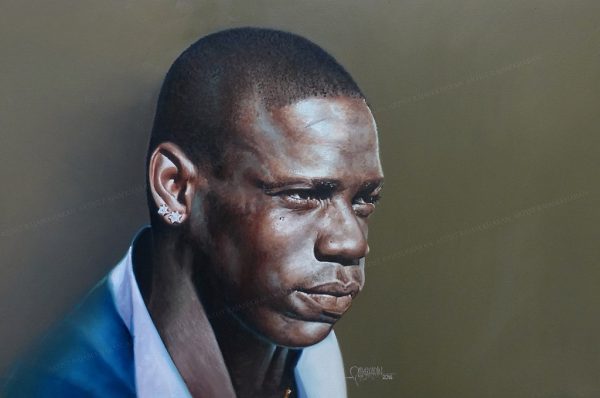
User:Rajasekharan Parameswaran, CC BY-SA 3.0 <https://creativecommons.org/licenses/by-sa/3.0>, via Wikimedia Commons
This slang term captures a raw, unfiltered appreciation for moments and personas that are impactful for their authenticity and fleeting presence.
Adel Taarabt became a “streets will never forget” icon for his spell playing for Queens Park Rangers. There, he dazzled fans with his dribbling and creativity. Sadly, his lack of consistency made it hard for him to compete at the highest level.
Mario Balotelli is another soccer player often given the label “the streets will never forget.” Known just as much for his off-field antics as his on-field brilliance, Balotelli’s career is full of very memorable moments, but his lack of career management and discipline caused a movie-worthy downfall for the Italian king of chaos.
MF DOOM is the musical impersonation of the sentence “the streets won’t forget.” His influence on the hip-hop scene is profound, and his following is cult-like. Known for his complex lyrics and super-villain persona, he might never be as big as Drake, but to many, Drake will never be as good as Doom.
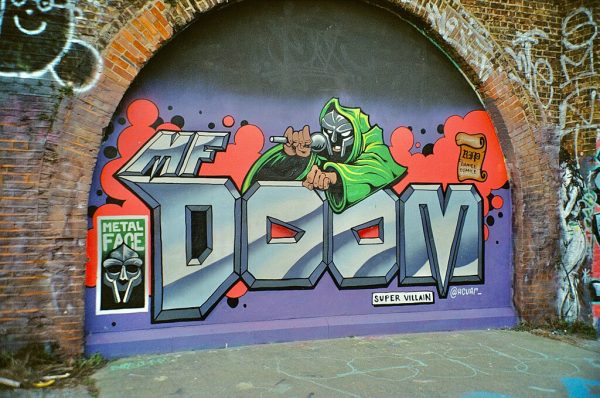
Jean-Michel Basquiat is the artist’s version of “the streets won’t forget.” He began as a graffiti artist in New York and evolved into a very celebrated neo-expressionist. His work is revered in both street culture and high art, but because of the nature of his work, he will hardly ever find himself put up with names like Van Gogh or Picasso.
Understanding “the streets will never forget” is crucial for anyone seeking deeper cultural literacy. “The streets will never forget” is a lens through which we can view success and influence, not just by longevity or consistency but by the ability to touch individual hearts, provoke thought, and inspire others.
This term teaches us to value the fleeting impact over the slow burning of prolonged pretense, acknowledging that sometimes, a brief firework can be more memorable than a long-lasting star.
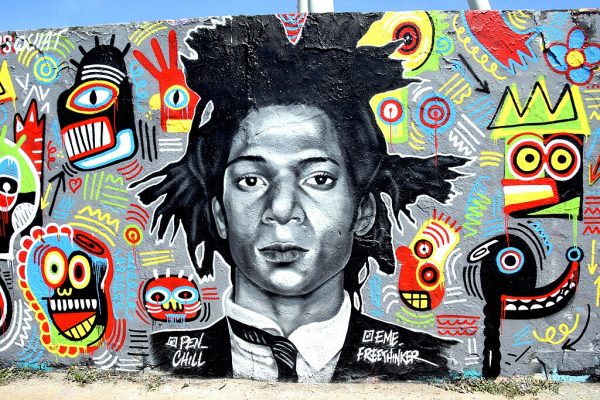
Just as we recount the tales of “the streets won’t forget” legends like Taarabt and his dribbling or MF DOOM with his beats, we all have our personal “the streets will never forget” figures.
These could be friends with whom we always have a great time but don’t see too often, or maybe even that one person who showed you incredible nights but just wasn’t ready for commitment.
Recognizing certain individuals as “the streets will never forget” types can help us cherish the moments we share with them without regretting their transient nature. While the world is always looking for the next Messi or Ronaldo for their sustained excellence and longevity, it’s time we learn to appreciate our Taarabts and MF DOOMs.
This perspective of appreciating the inconsistency for what it is will not only enrich our understanding of sports and art but will also enhance our personal lives by helping us appreciate every person’s contribution, regardless of its duration.
In the end, maybe it’s not about always having someone who’s there but about valuing those who made significant moments unforgettable. It’s about learning to love the flashes of brilliance, the fleeting connections, and the sparks that, however brief, burn brightly enough to be remembered by the streets forever.


